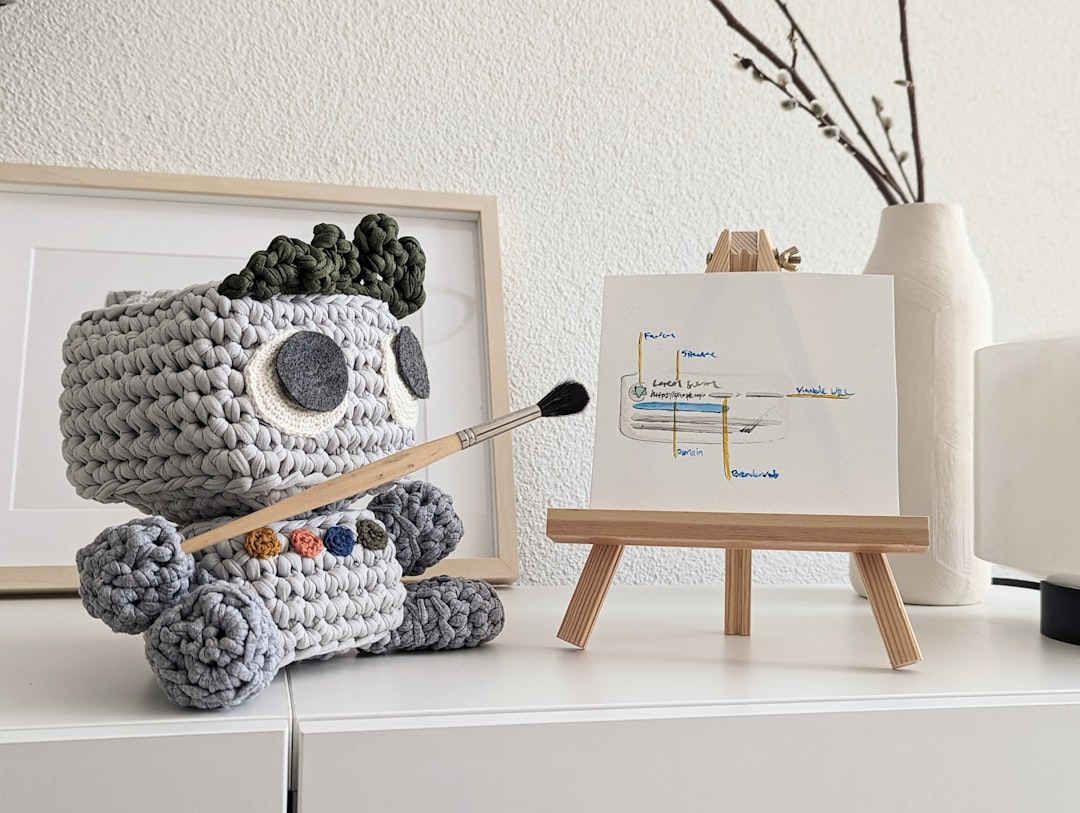How to Optimize Your Website for Better User Experience
Optimizing your website for better user experience is essential if you want to keep your visitors engaged and coming back for more. A website that is easy to navigate, loads quickly, and provides valuable content will keep your visitors happy and improve your search engine rankings. Here are some tips to help you optimize your website for better user experience.
1. Improve Your Website Speed
Website speed is critical for a good user experience. Slow-loading pages can frustrate visitors and cause them to leave your website. To improve your website speed, you can:
- Compress images and videos to reduce their file sizes
- Use a content delivery network (CDN) to distribute your website's content to servers closer to your visitors
- Minimize HTTP requests by combining CSS and JavaScript files

2. Make Your Website Mobile-Friendly
With more and more people accessing the internet on their mobile devices, it's essential to have a mobile-friendly website. A mobile-friendly website is one that is optimized for smaller screens and touch-based navigation. You can make your website mobile-friendly by:
- Using responsive design to ensure your website looks good on all devices
- Optimizing images and videos for mobile devices
- Using larger font sizes and buttons for easier navigation on smaller screens

3. Use Clear and Concise Navigation
Clear and concise navigation is essential for a good user experience. Visitors should be able to find what they're looking for quickly and easily. To improve your website's navigation, you can:
- Use a simple and intuitive menu structure
- Include a search bar to help visitors find specific content
- Use descriptive labels for your menu items

4. Create High-Quality Content
High-quality content is essential for keeping visitors engaged and coming back for more. Your content should be informative, engaging, and easy to read. To create high-quality content, you can:
- Use short paragraphs and bullet points to break up your content
- Include images and videos to make your content more engaging
- Use clear and concise language

5. Optimize Your Website for Search Engines
Optimizing your website for search engines can help improve your website's visibility and attract more visitors. To optimize your website for search engines, you can:
- Use relevant keywords in your content and meta tags
- Ensure your website is mobile-friendly
- Use descriptive URLs

6. Test Your Website
Testing your website is essential for ensuring a good user experience. You should test your website on different devices and browsers to ensure it looks and works as intended. To test your website, you can:
- Use Google's Mobile-Friendly Test to check if your website is mobile-friendly
- Use tools like Pingdom and GTmetrix to test your website's speed
- Ask friends and colleagues to test your website and provide feedback

7. Improve Your Website's Accessibility
Improving your website's accessibility can help ensure that all visitors can access your content, regardless of any disabilities they may have. To improve your website's accessibility, you can:
- Use alt tags to describe images and videos
- Ensure your website is keyboard-friendly
- Use high-contrast colors for text and background

8. Monitor Your Website's Performance
Monitoring your website's performance is essential for ensuring a good user experience. You should regularly check your website's analytics to see how your visitors are interacting with your website. To monitor your website's performance, you can:
- Use Google Analytics to track your website's traffic and user behavior
- Set up alerts to notify you of any issues with your website
- Regularly check your website's speed and accessibility

By following these tips, you can optimize your website for better user experience and keep your visitors engaged and coming back for more.
